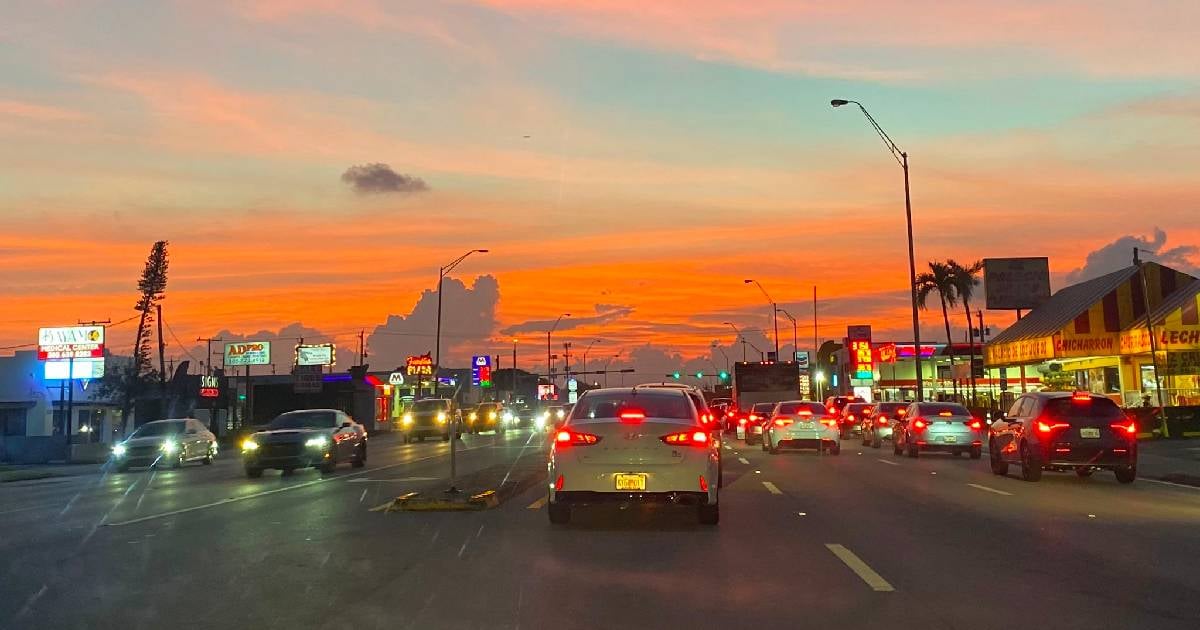South Miami, located in Florida, is taking legal action to avoid turning its local police force into an arm of federal immigration policies. This move comes amidst escalating pressure from the state’s Attorney General, James Uthmeier, who has cautioned several municipalities about potential penalties if they fail to collaborate with Immigration and Customs Enforcement (ICE).
During a meeting on Tuesday, South Miami's Mayor Javier Fernández announced that the city will request a judicial review to determine whether they are legally required to question and detain undocumented immigrants as part of their routine policing. “The only safe haven left is to go to court and ask for an opinion on what the law says and what our obligations are,” Fernández explained. “This isn’t about the merits of the policy; it’s a precise legal question,” he was quoted saying by the Tampa Bay outlet.
The decision follows a letter from Attorney General Uthmeier to Fort Myers officials, accusing them of violating state law by refusing to sign a formal agreement with ICE under the 287(g) program. This program empowers local law enforcement to act as federal immigration agents. Uthmeier described the refusal as a "serious and direct violation" of the 2019 law that bans "sanctuary cities" in Florida.
Uthmeier also warned that non-compliant cities might face civil and criminal sanctions, including the suspension of their officials by Governor Ron DeSantis. The situation in South Miami highlights the tension faced by Florida cities between adhering to increasingly aggressive state mandates on immigration and retaining local autonomy over police operations.
Municipal officials are concerned that not aligning with state policies could lead to repercussions, such as budget cuts or political sanctions. Over 100 law enforcement agencies in Florida have already signed agreements with ICE under the 287(g) program, including departments in cities like Hialeah (home to the largest Hispanic population in the nation), Coral Gables, Tampa, and St. Petersburg. However, in South Miami, the mayor and other local officials are taking a more cautious approach.
“We have been trying to understand how this agreement might affect our insurance, labor relations, and legal exposure,” Fernández stated in an interview. “We want to know exactly what we’re getting into.” The city’s attorney, Anthony Recio, noted that the Attorney General's letter is merely an interpretation of the law, not necessarily a legal obligation. Although the Attorney General's opinions carry significant weight, they are not binding, which is why the city is seeking judicial clarification.
“We live in an environment where many want to score political points at any cost,” the mayor concluded. “But what I want is to live in a society where the rule of law is respected,” he emphasized.
South Miami's Legal Stand Against ICE Cooperation
Why is South Miami seeking judicial protection?
South Miami is seeking judicial protection to clarify whether they are legally obligated to cooperate with federal immigration policies, as enforced by ICE, which could require local police to question and detain undocumented immigrants.
What is the 287(g) program?
The 287(g) program allows local law enforcement agencies to enter into agreements with ICE to perform immigration law enforcement functions, essentially acting as federal immigration agents.
What are the potential consequences for cities not cooperating with ICE in Florida?
Cities that do not cooperate with ICE in Florida may face civil and criminal penalties, including the possible suspension of their officials by the governor, as well as budget cuts and political sanctions.
